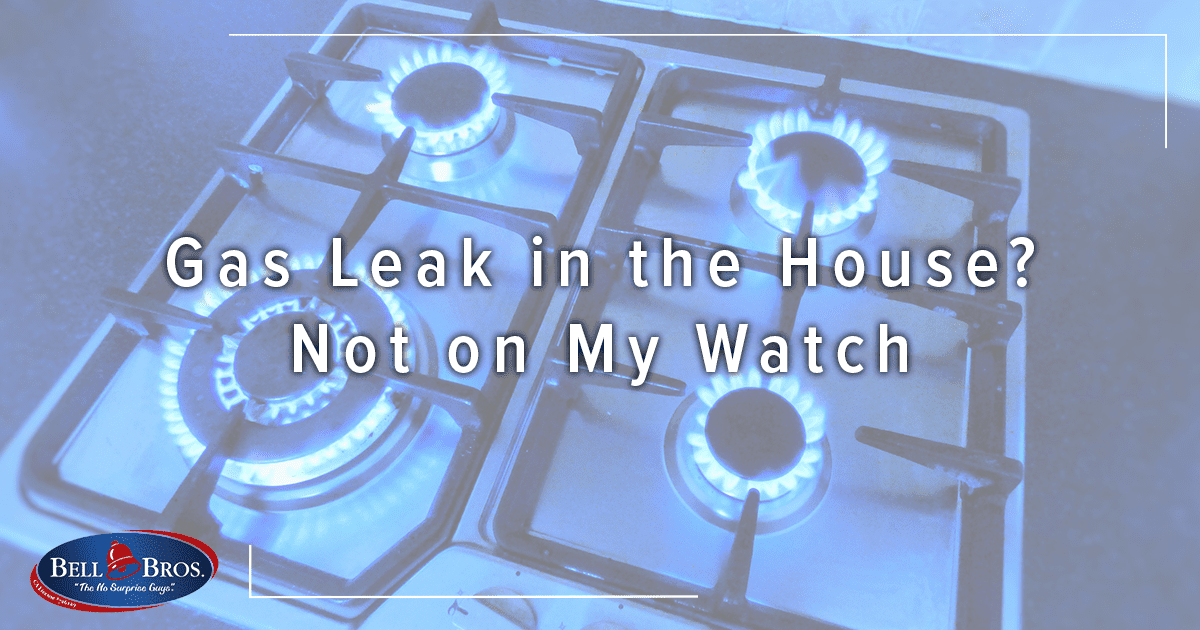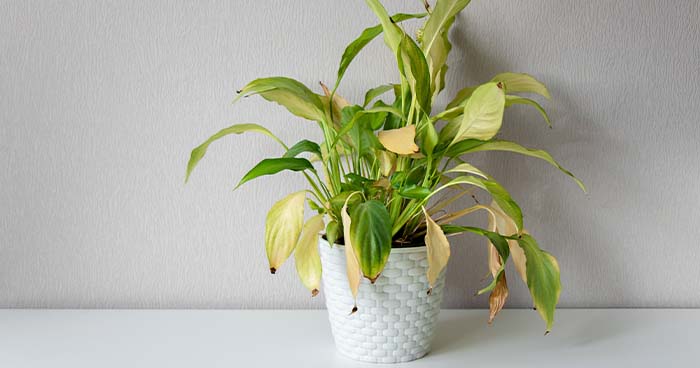Gas Leak? Not On My Watch!

Any home that has gas appliances, such as a stove or furnace, are susceptible to a gas leak.
Gas leaks are well-known for being dangerous, but fortunately, they are rare and easily preventable. In any case, homeowners should know what to do in the case that they do have a gas leak, as well as how to prevent it in the future.
Signs You Have a Gas Leak
There are some situations where a gas leak can go undetected for a long time, but if you know what to look out for, the signs can be clear.
The first sign that most people know is the distinct rotten egg smell. Contrary to popular belief, that smell is not natural gas.


Another sign of a gas leak that you may know is when your furnace begins to hiss. Furnaces often make strange noises when something is wrong, but the hissing is distinct because it comes from the pressurized gas leaking out from the heat exchanger.
What to Do if There’s a Gas Leak
If you know there is a gas leak in your home, you may be tempted to seek out the source and handle it yourself. However, this is extremely dangerous.
Rather than try to handle the situation yourself, you should immediately evacuate yourself and your family members (including pets!) from the house.
Prepare a Family Emergency Plan [EI2]
Keep in mind that by leaving any doors and windows open before you evacuate, you can help air the gas out of your home. Avoid putting yourself in harm’s way, only open doors and windows that are easily accessible on the way out of your house.
Once you are outside, you are safe to contact the authorities. The local police, fire department, and emergency services of your gas company are the key people you should call to report the leak.
Consequences of an Untreated Gas Leak
As mentioned, you should never use any electronics inside your home if you suspect a gas leak, including your phone. This is because natural gas can be very flammable, and the smallest bit of electricity could risk a fire or explosion.
What You Didn’t Know About Carbon Monoxide Poisoning and Alarm [EI4]
Another consequence that gas leaks have is physical symptoms and carbon monoxide poisoning. There are the symptoms you should look for:
- Headache,
- Nausea,
- Dizziness,
- Fatigue,
- Chest pain,
- Confusion.
The symptoms of inhaling too much gas and carbon monoxide poisoning are pretty similar, but carbon monoxide has much more potential to be fatal. Regardless, you should visit a hospital immediately if you notice these symptoms.
How to Prevent Gas Leaks
Although gas leaks can be scary, they are easy to prevent once you know what to do. The three key steps to preventing gas leaks are routine tune-ups, checking for gas leaks, and replacing old gas fittings.
Routine maintenance on your HVAC unit will prevent gas leaks and many other issues. Most professionals will check for any gas or carbon monoxide leaks in your home while performing their inspections.
It’s good practice to regularly check your home for gas leaks yourself. It’s fairly simple to do as well. All you have to do is turn off your gas appliances and then check the dials on your gas meter. If the meter is spinning with all the appliances off, it indicates there is a leak somewhere.
When it comes to replacing them, calling a professional is your best bet, as it isn’t a good idea to do it yourself.
If you know that part of your HVAC unit needs a replacement in the future, contact Bell Brothers today!

